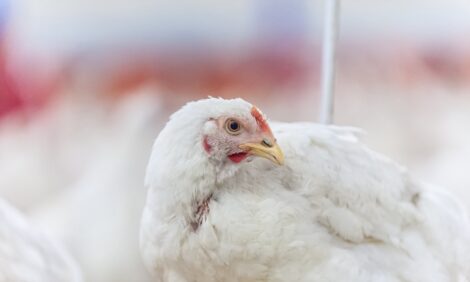



What every poultry owner should know about chicks, ducklings, and salmonella
Salmonella bacteria causes about 1.35 million infections annually in the USEach spring, Idahoans think about buying chicks or ducklings. All poultry carry the bacteria Salmonella, which can be harmful to people. Birds often don’t look sick but can spread the bacteria through their droppings, according to a press release from Idaho's Department of Health & Welfare.
To keep your family and friends from getting sick, public health officials recommend:
- Wash everyone’s hands with soap and water after handling live poultry, especially before touching toys and other items that children may play with or put in their mouths.
- Supervise children under the age of five who play with chicks, ducklings, or live poultry.
- Change your shoes after you have walked in the coop and before you go into your home.
- Leave the birds outside to roam in their own environment and habitat.
- Don’t eat or drink around them.
- Clean the coop or cage, food and water bowls, and any tools or poultry equipment you use frequently.
- Cook any collected eggs thoroughly.
Children are more likely to get sick because of their developing immune systems and tendency to touch or snuggle with their pets, putting hands in their mouth, and not washing their hands quickly enough. Babies, the elderly, and anyone with a weakened immune system are also more likely to get severely ill from Salmonella. In some cases, illness is severe enough for hospitalization and can become life threatening.
Salmonella infections usually cause diarrhea, fever, vomiting, and abdominal cramps 6 hours to 6 days after initial exposure. Most people are sick for up to a week but get better without specific treatment and should not take antibiotics. Antibiotics are usually used only to treat people who have severe illness or who are at risk for it. If you think you may have a Salmonella infection you should seek medical attention immediately.
Although it’s common for all types of poultry to carry the Salmonella bacteria, birds with the infection don’t usually show any signs of being sick. The contaminated droppings may get on their feathers, feet, and beaks and they can transfer the bacteria to anything in their environment or people holding them.
CDC estimates Salmonella bacteria cause about 1.35 million infections, 26,500 hospitalizations, and 420 deaths in the United States every year. Food is the most common source of the bacteria.










